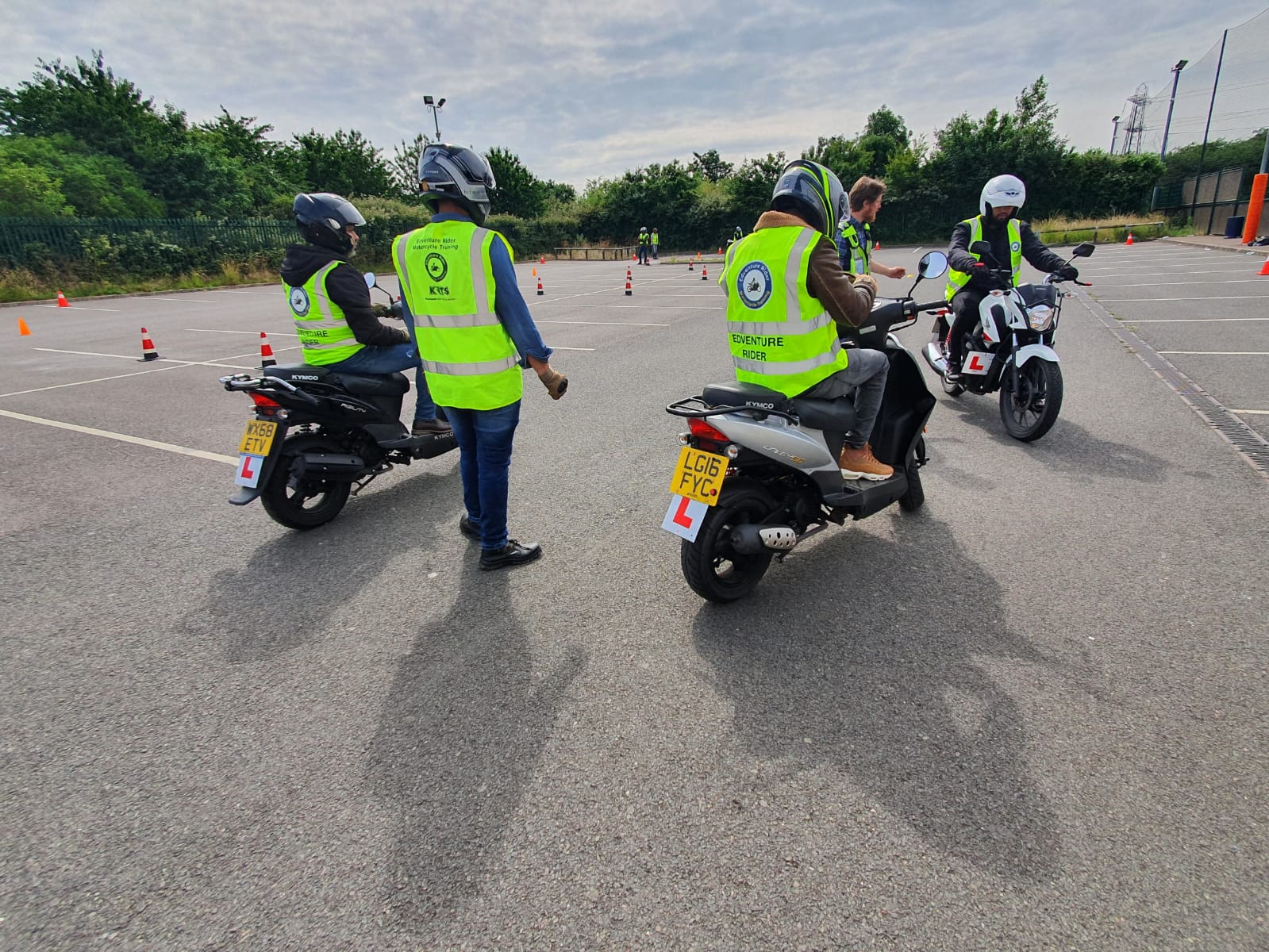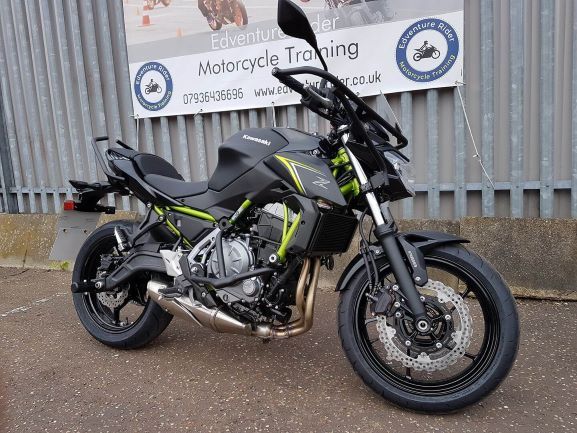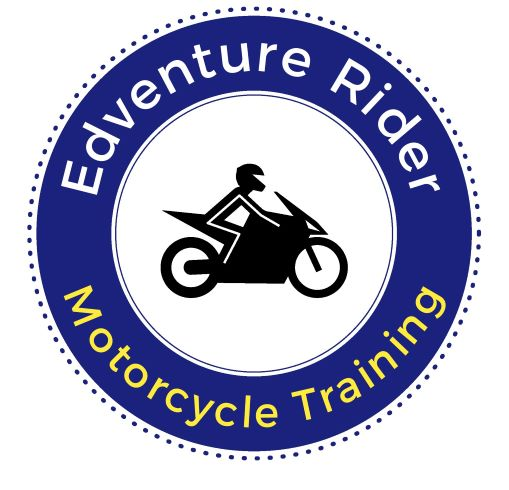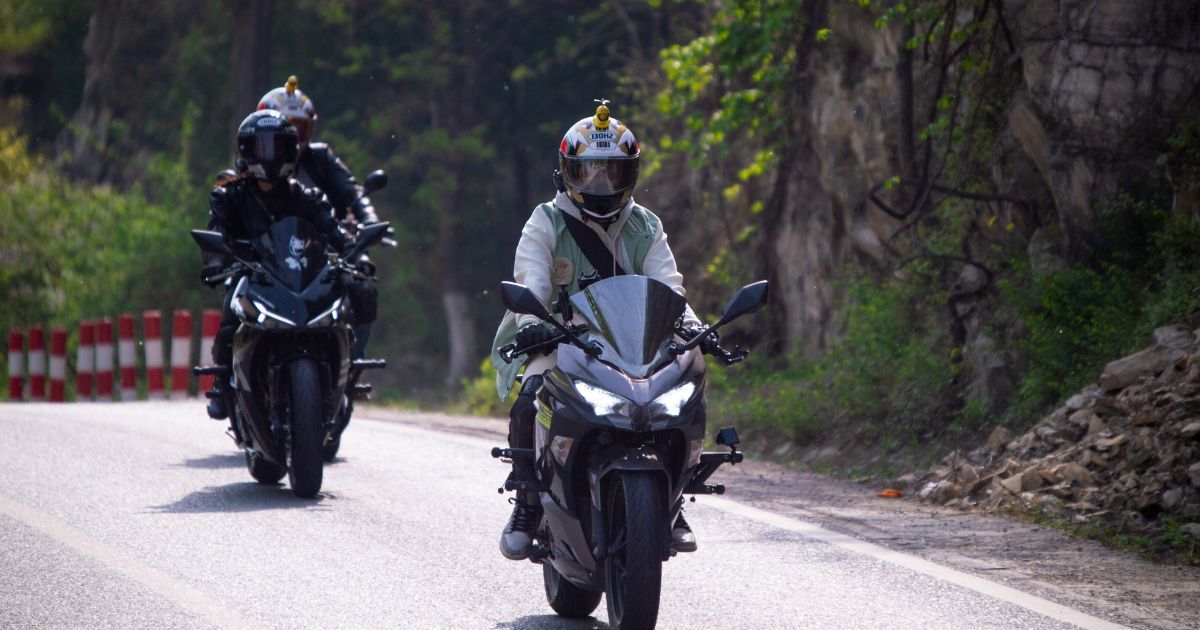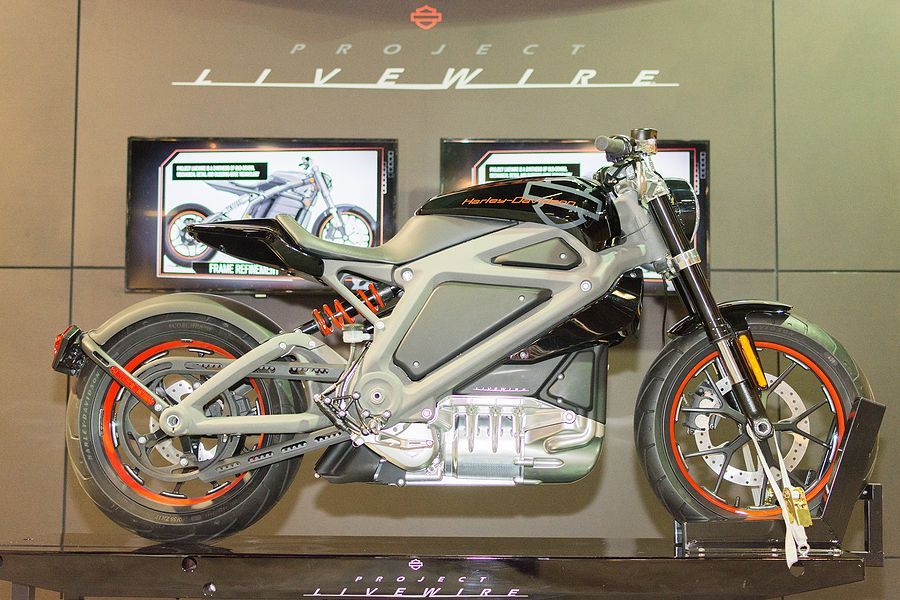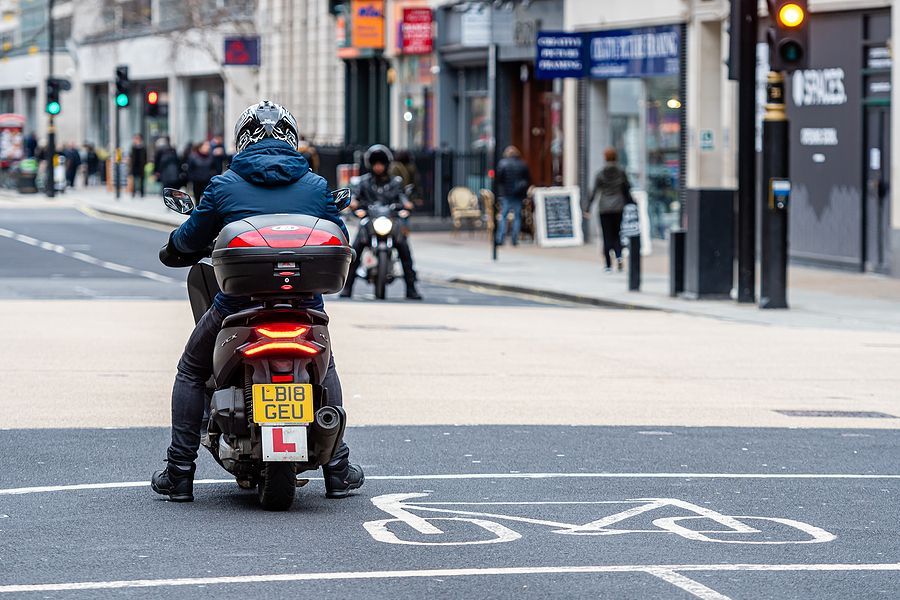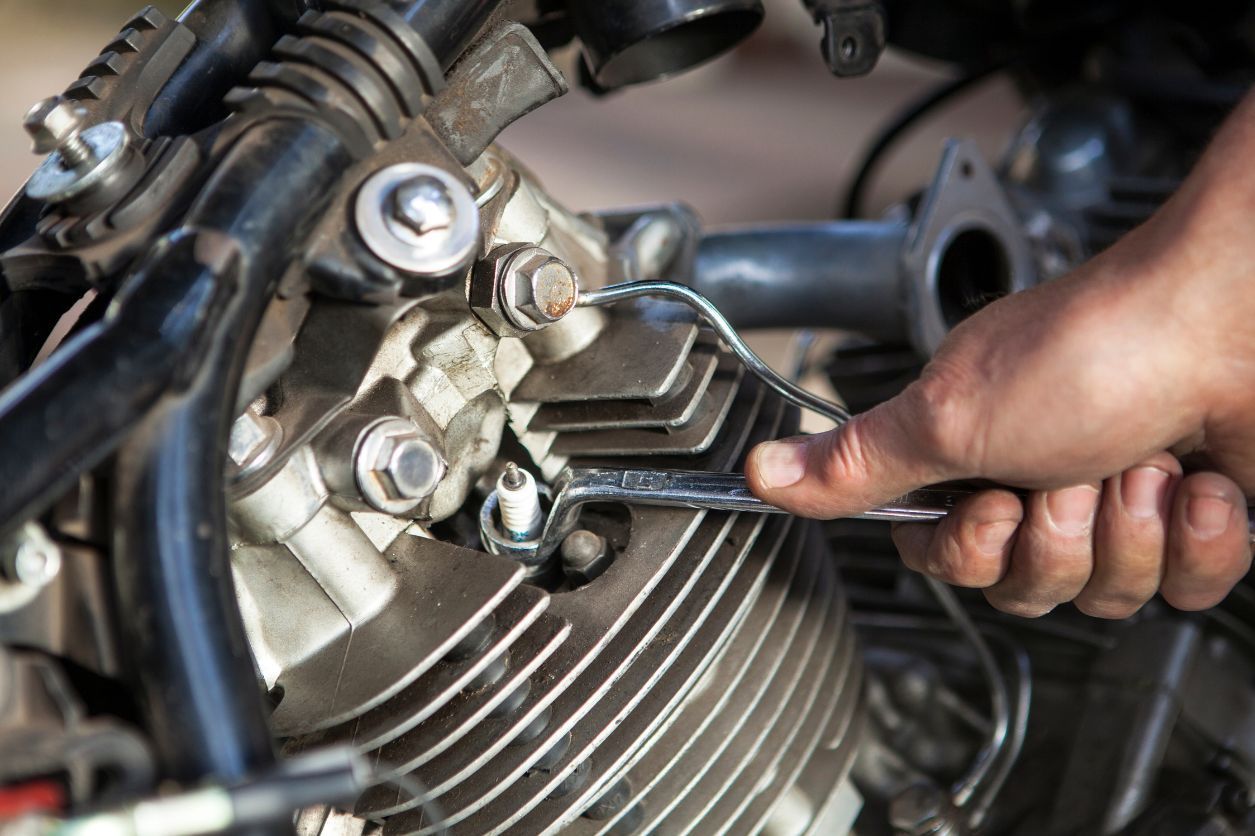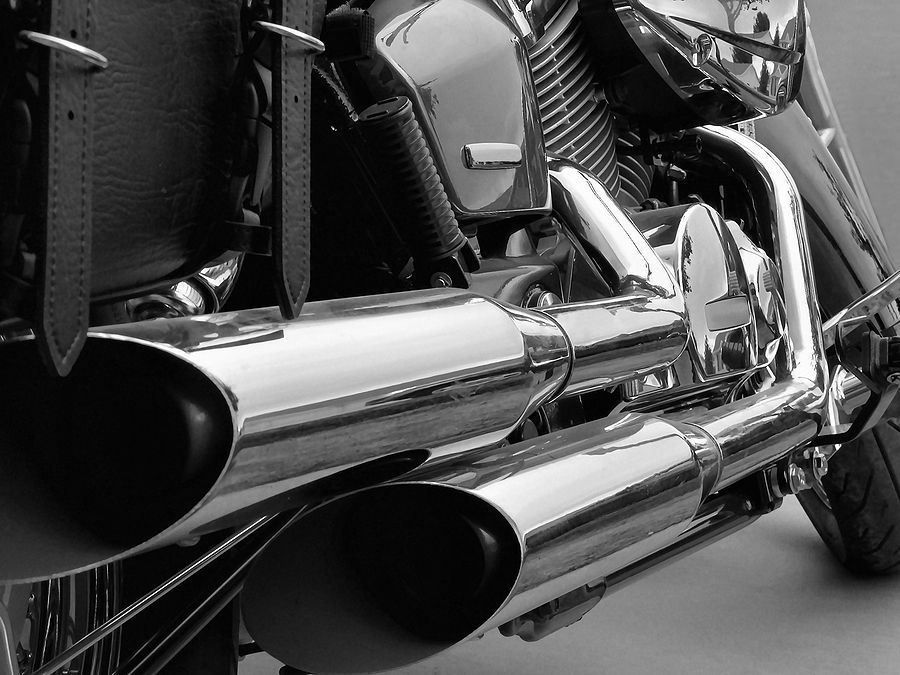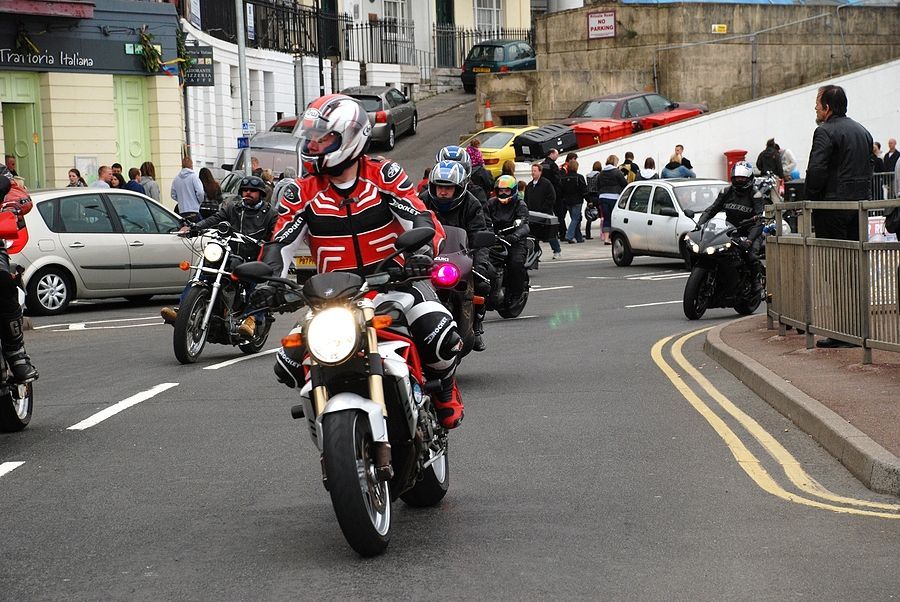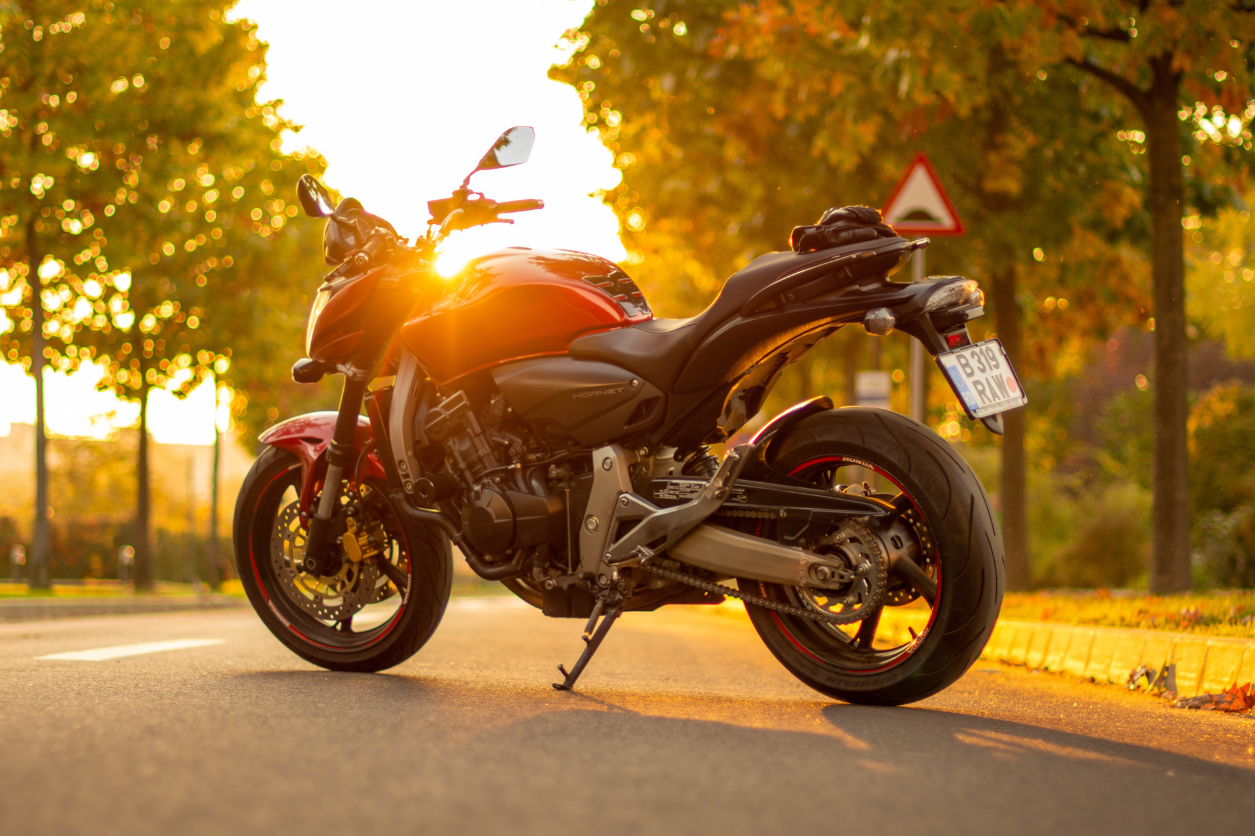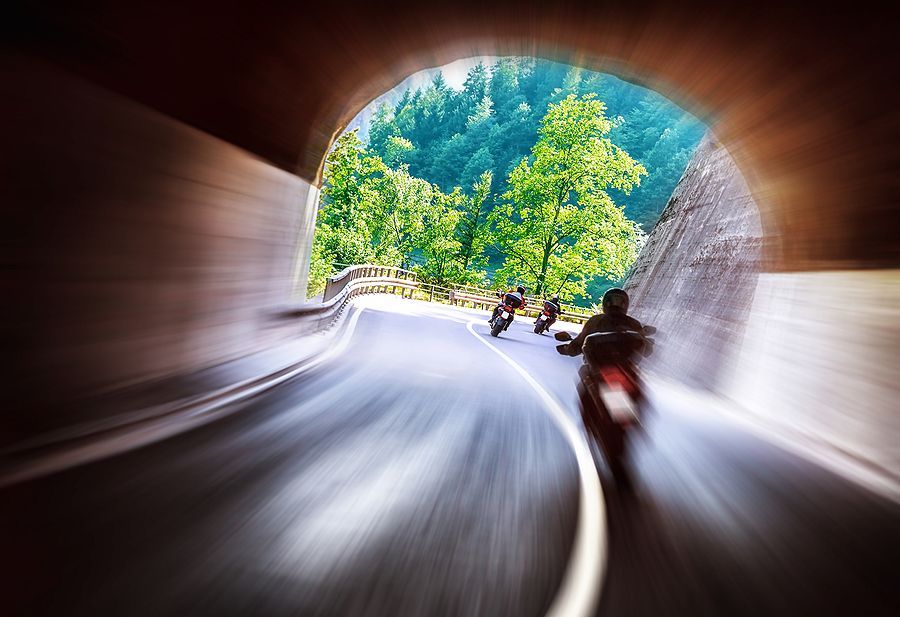Tram Strikes Highlight Value of Motorbike Training
Unlike many parts of the country, even cities, London has a public transport network to be envious of. This is one of the reasons that the lowest car ownership levels in the country are seen in the capital.
However, it doesn’t matter how many train, tube, DLR or tram stations there are, or how many bus routes, if the services are not running. A plethora of strikes has made getting around London much harder over the last year or so, especially for those without their own means of transport.
That is why if you don’t want to run a car, getting motorbike training could be the best way forward. When there is more traffic on already congested roads because of a public transport strike, motorbikes can weave in and out of jams in a way cars can’t.
While the rail and Tube strikes have been settled, the latest industrial action has hit the trams in south London. Staff from the Unite Union, which operates the network, is planning a strike from March 24th to 28th.
South London has been affected less when there has been a Tube strike because the Underground mostly runs north of the river, but now that it’s the turn of the trams to grind to a halt, south London residents will be the ones facing the traffic tailbacks.
General manager for London Trams Navid Golshan said: "We urge Unite the Union to continue to work with us to find a resolution and call this strike off.“ But in recent times when Unite members have gone on strike, the dispute and industrial action have tended to be protracted. Nobody should be surprised if this is the first of multiple strikes.
Opinions will differ about the worthiness or otherwise of the causes that transport unions take industrial action over. Some will be sympathetic, others anything but.
However, what is not in dispute is that it means lots of transport disruption for those trying to get from A to B. It’s another reminder of how valuable it is to have your own independent means of travel.
